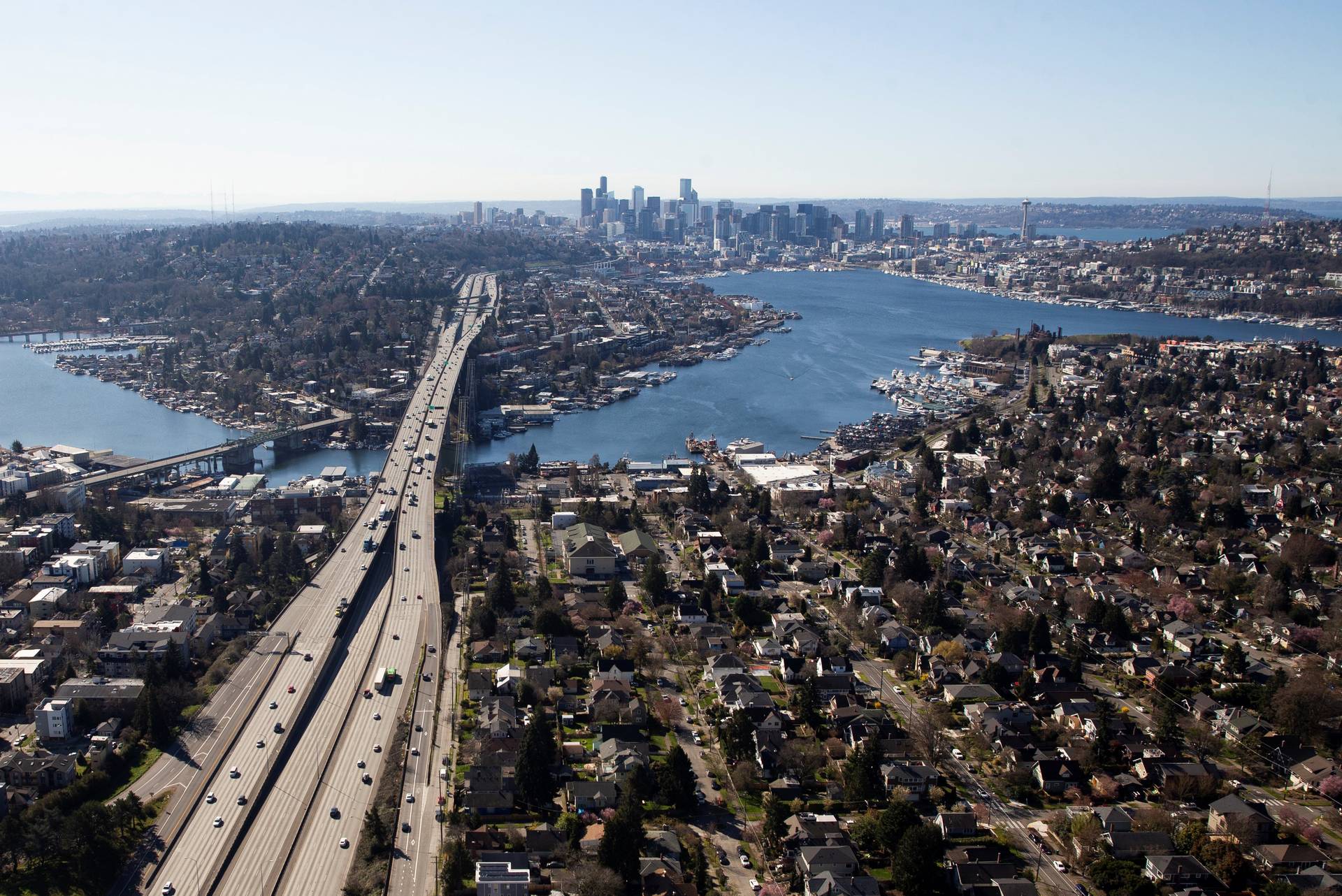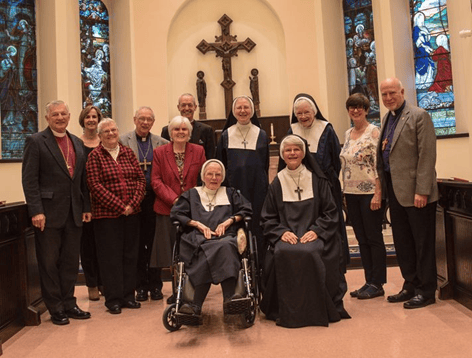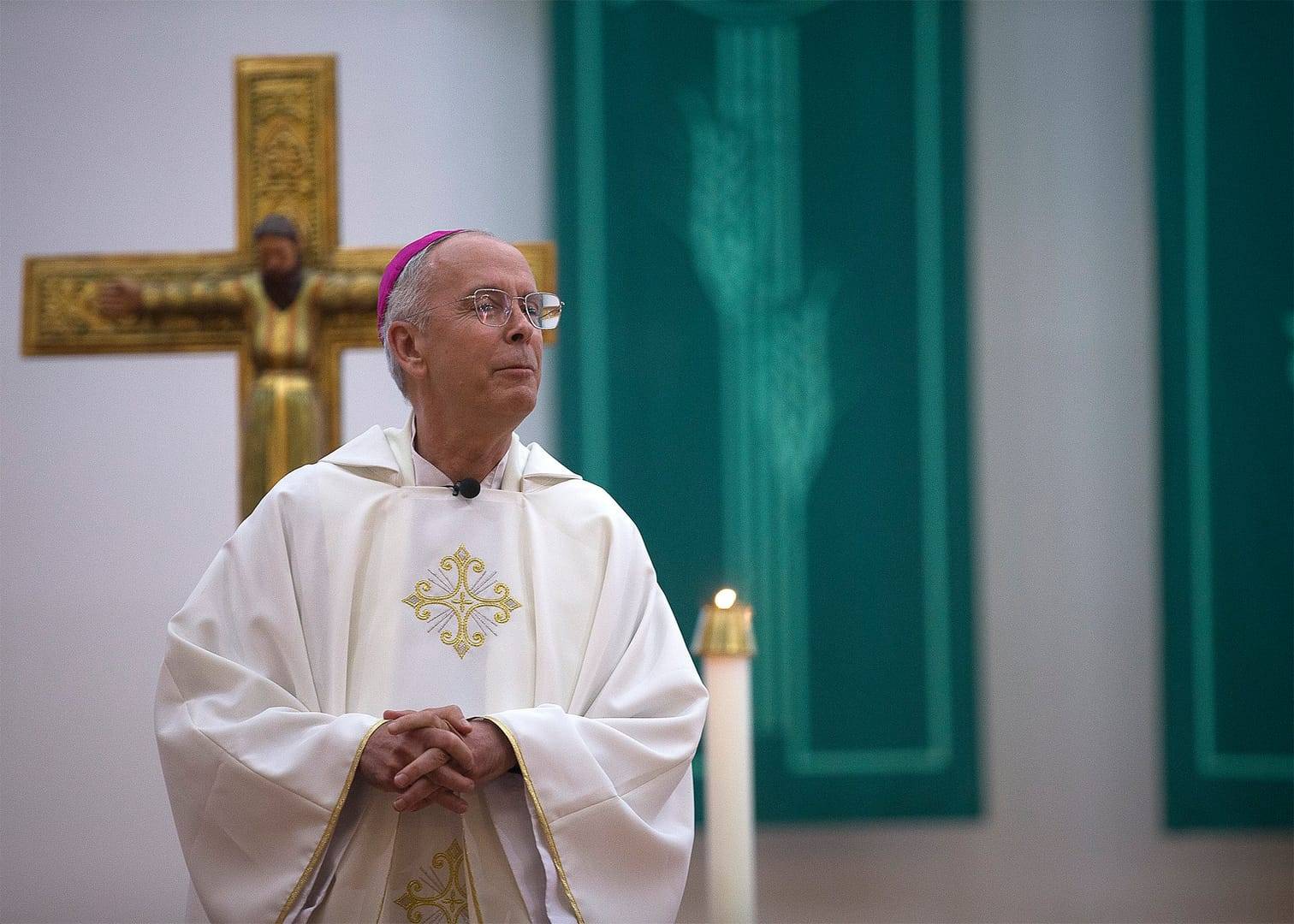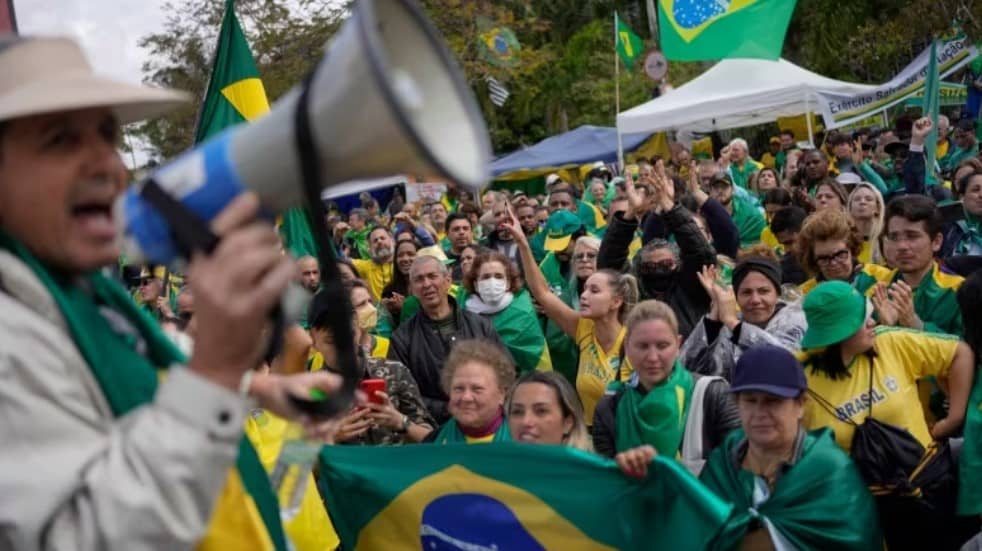NEW YORK — Earlier this week Bishop James Tamayo of Laredo, Texas, had yet to find someone to lead his diocesan synodal process as part of Pope Francis’s broader vision for his church-wide consultation leading up to the next Synod of Bishops in Rome.
The diocese has been persistent, Tamayo said, but each person they’ve considered couldn’t make the commitment on a volunteer basis.
“In smaller dioceses it can be difficult to find volunteer leadership,” Tamayo told Crux. “Money is sometimes a question, and the person is another question too. Can the personnel volunteer their time in the midst of everything else they volunteer for in the church and in their local community?”
This week, Crux reached out to smaller U.S. Catholic dioceses like Laredo to get a sense of what challenges they anticipate, and maybe already face, with the diocesan portion of the Synod on Synodality opening tomorrow.
Pope Francis officially opened the synod with a Mass on Oct. 10.
Although Laredo was the only diocese Crux reached that hadn’t found someone to lead the process, multiple challenges were expressed by other small U.S. Catholic dioceses — meaning, small in population — such as reaching every part of a large geographic area and getting feedback from those outside the faith, especially in predominantly non-Catholic areas.
Bishop Anthony Taylor of Little Rock told Crux that they have counties without a single Catholic Church in them, including 34 that don’t have a resident priest. 94 percent of people in Arkansas aren’t Catholic, he added, noting that “it’s important” to hear from them.
“I think that’s another reason to have the synod. To surface answers and perspectives that we hadn’t thought of,” Taylor said.
Bishop Joseph Kopacz, who is in a similar situation in the Diocese of Jackson, Mississippi, also acknowledged that “it’s going to be a challenge to stir up the unchurched.”
Richard Coll, the executive director of the U.S Bishops’ Conference Department of Justice, Peace and Human Development, who was tapped to run point on the synodal process for the USCCB, recognizes that logistical and even financial challenges may pop up in smaller dioceses, and plans to have tangible resources available to the dioceses to solve those issues soon.
Although, he admitted, timing is a challenge. Nothing is finalized yet.
“We’re still in the early stage now given that the materials were only distributed basically last month by the Synod Secretariat, but we’re exploring ways of trying to be of tangible support to the mission dioceses and to other small dioceses in the United States that will need help and hopefully we’ll have that additional information in the near future, Coll told Crux.
In the meantime, Coll said, the USCCB has developed materials to help dioceses get the process off the ground. This includes preparatory documents on how a diocese should structure its teams and engage in the process. It also hopes to launch a website by Monday, and to create webinars and podcasts to offer training and answer any key questions dioceses may have.
The way different dioceses plan to approach the synod varies slightly. In general, there will be listening sessions held at the parish level, along with the utilization of diocesan ministries and organizations, and social media to compile feedback from Catholic parishioners, and others, in the community. The data will then be combined to get an idea of feedback for the diocese as a whole. The diocesan phase goes through March 2022.
The timing, however, is also a challenge for the dioceses. With only a day until the synod is supposed to begin, they find themselves eager to get the process underway but have not quite finished planning.
Tamayo said he’s not giving up because he “wants our voice to be sent to the Holy Father through the USCCB,” however, “[the process] might not begin as quickly as other dioceses.”
Kopacz said they’re “still rounding out the team” beneath the two synod coordinators. And in the Diocese of Lexington, Kentucky, Bishop John Stowe told Crux they’re focusing on next Sunday as the beginning point because “most Catholics aren’t familiar with synodality and there wasn’t a lot of time once we knew how we were supposed to do this.”
This Sunday, Stowe added, he’ll celebrate an opening Mass — the same as dioceses nationwide — followed by a barbecue meal, and a brief discussion on what synodality is and allow feedback and suggestions from parishioners on how to best roll out the process.
Coll said the USCCB has both heard from dioceses and themselves experienced challenges with the timing of the synod process. He said it’ll have to be done “quickly and as diligently as possible so that we can honor the current schedule set forth.”
“Dioceses like to plan in advance, allocate budgets, establish resources, and all of that, and this has been a little bit of a rush for us in terms of having to move forward as quickly as we’re moving,” Coll said. “We’ll certainly honor the schedule as set forth, but we will also be grateful if additional time is forthcoming.”
Society’s current polarization is another concern, and bishops are unsure how it will play out. Kopacz plans to implement a process that poses questions based on the scripture as a way to focus the dialogues and get answers “coming from the mind and heart of Christ.”
“We think that opens up great avenues of people saying we need healing here, we need blessing here, we need strength here,” Kopacz said. “That’s what we’re hoping — to keep any controversy out of it as much as we can in terms of polarization.”
Even with work left to do and unforeseen challenges ahead, bishops look forward to ushering in a new process that’s not quite like any they’ve experienced.
“I hope this will make us feel more actively engaged in our church,” Tamayo said. “Where people say they heard my comments, my concerns, my dreams, my visions and I entered a setting where I heard people who might not always agree with me say what they need from the church, and together we have begun to see one another as neighbors.”
Follow John Lavenburg on Twitter: @johnlavenburg

















